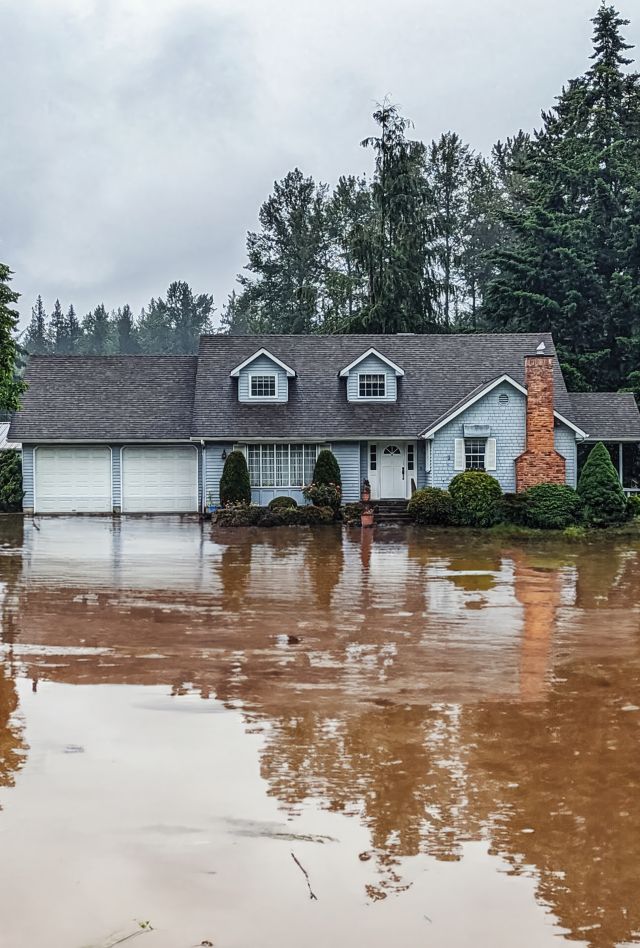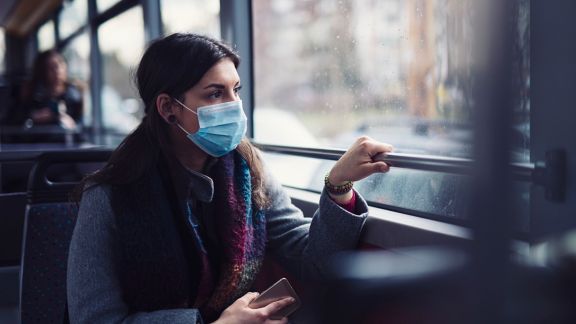Rural Emergency Preparedness & Response Toolkit

Problem
Rural communities have unique needs and considerations when it comes to emergency preparedness, response, and recovery.
Effective emergency preparedness and response efforts are essential for rural communities. Because rural communities all have unique characteristics, there is no one-size-fits-all approach to rural preparedness. Many factors affect the ability of rural communities to prepare for and respond to public health emergencies, disasters, and events, including limitations and vulnerabilities related to resources, infrastructure, and capacity. Planning is essential to ensuring rural communities can effectively deal with and mitigate the negative effects of emergencies and disasters, both in the short- and long-term.
Solution
NORC gathered information and resources to help rural communities with disaster planning, response, and recovery.
The NORC Walsh Center for Rural Health Analysis worked with its partner, the Rural Health Information Hub (RHIhub) to identify and compile evidence-based and promising models, best practices, and resources to support rural communities with their emergency planning, response, and recovery efforts. NORC and RHIhub developed the toolkit by conducting a scan of existing literature and materials on rural emergency preparedness and response; conducting 14 interviews with 35 individuals with subject matter expertise; and conducting other interviews with 39 professionals, working locally in rural and tribal areas, to develop case studies on real-world experiences and lessons learned.
Result
The toolkit compiles evidence, advice, and experiences in rural emergency preparedness to support disaster planning, response, and recovery in rural America.
The Rural Emergency Preparedness and Response Toolkit was published online in November 2022 and consists of six modules and 31 case studies. The toolkit shares share practical strategies, key considerations and action steps, and cross-cutting considerations that can help rural communities, including local health departments, healthcare providers, first responders, community leaders, and others serving rural populations.
Learn More About the Toolkit
Visit the Rural Health Information Hub website to view the Rural Emergency Preparedness and Response Toolkit.
Related Tags
Project Leads
-
Alana D. Knudson
DirectorPrincipal Investigator -
Alexa Siegfried
Senior Research ScientistProject Director








